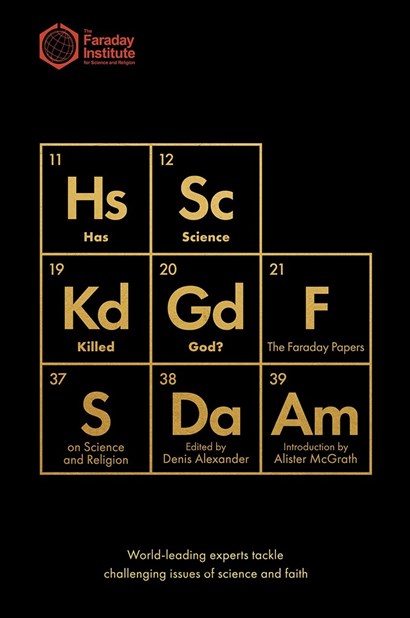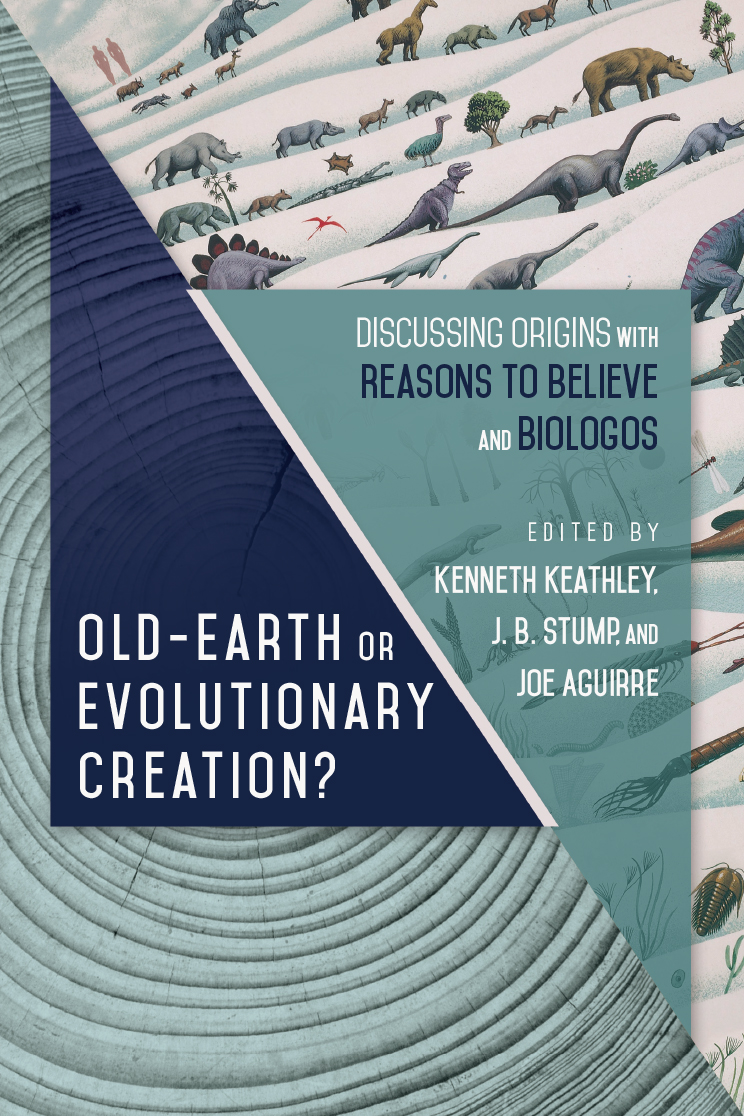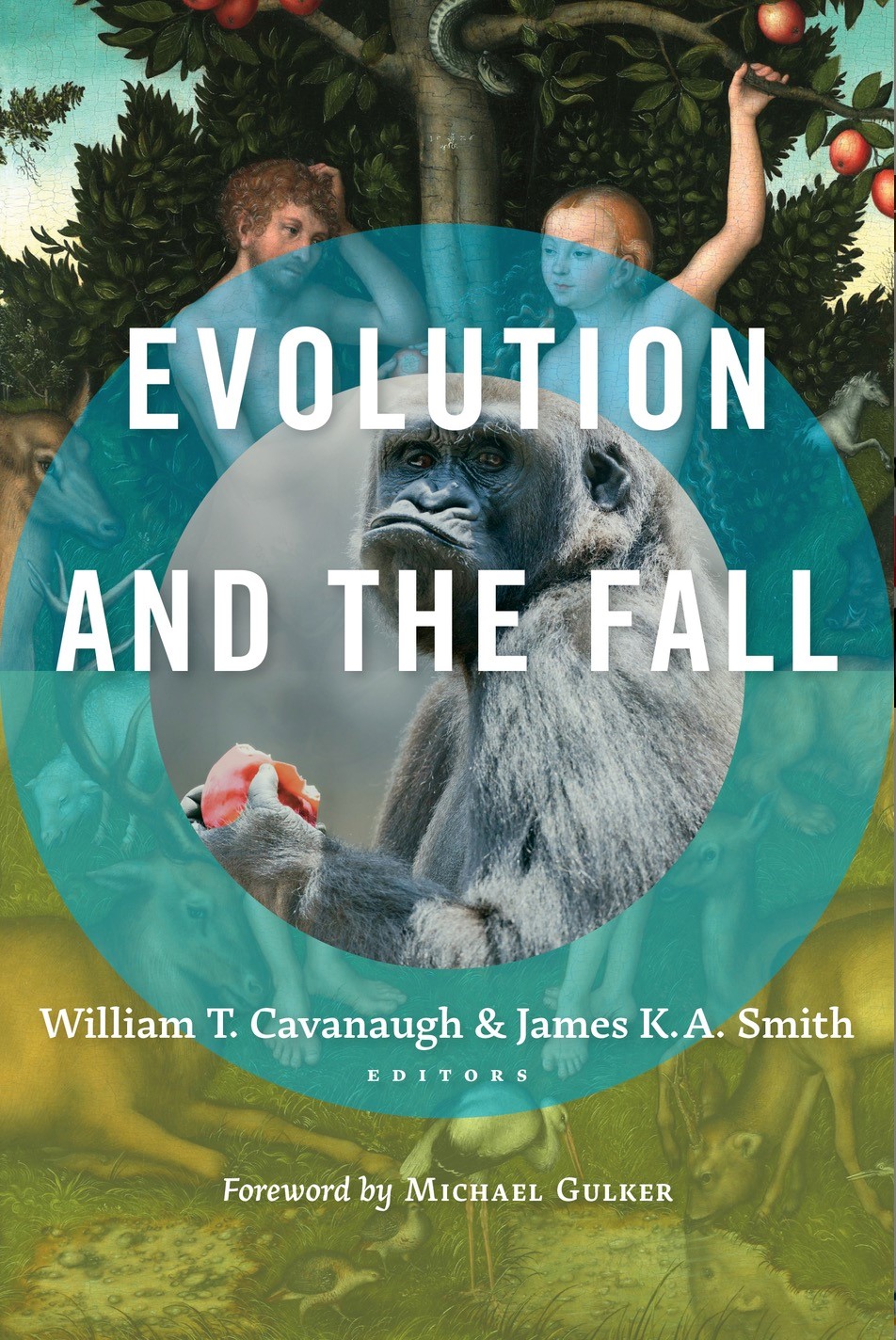


Death of Science?
Bruce Craven, November 2003
Download PDF
Death of Science?
Bruce Craven
Reader in mathematics at University of Melbourne until retirement. Still active in mathematical research and writing.
Abstract
What circumstances led to the development of science in Europe? Do these circumstances still exist? Why did science start in other civilizations, then come to a halt?
The scientific enterprise will not automatically continue in our changed social climate. Some scientific leaders should put as much effort to influence public opinion, as they do to raise funds. Scientists must show concern about the use, or misuse, of their knowledge. And some imagination is needed on how to interest the younger generation in science.
Keywords
External factors for science, can science continue?
How did science arise?
Some great minds in the eighteenth century pondered whether their European civilization would go down before a barbarian invasion, as the Roman empire had. They concluded that it would not, since the barbarians would have to become civilized, in order to invade successfully, so the civilization would continue. They did not foresee the barbarians within the (European) gates, who in the twentieth century brought Europe nearly to destruction.
This has some bearing on the future of the scientific enterprise. Its great success for the last four hundred years does not guarantee its continuance. I define ‘science’ broadly here as the exploration of the natural world by observation and experiment, combined with rational thinking and theory. In the present discussion, I cannot draw a sharp line between science and technology. But one must ask, what circumstances led to the development of science in Europe? Do these circumstances still exist? Why did science start in some other civilizations, but come to a halt?
The Greek culture of over two thousand years ago made notable scientific advances of a theoretical kind. We do not know how far they got experimentally, because records of their technological achievement are scanty. Their impulse faded away in the early centuries AD. While we don’t know why, some factors suggest themselves, namely a culture where enquiry became increasingly under suspicion, the cessation of support for institutions like the Alexandria Museum, and decreasing material prosperity,
For some centuries, Islamic culture (though not all of Islamic religion and not all Arab) made major scientific advances in science (and technology). But this impulse also faded away, and there is no agreed explanation.
Factors suggested include increasing mistrust (on religious grounds) of any new ideas, the destruction caused by the Mongol invasions, and decreasing prosperity.
More recently, Chinese mathematics, and Chinese maritime exploration of the world beyond China, were productive under the Ming dynasty, but this ceased when the new (Qing) rulers had no interest in such things.
Necessary factors
What external factors were present, and seem to have been required, for the rise of European science in the sixteenth and seventeenth centuries? They included a climate of opinion which considered that the natural world might work in ways that might be understood (and thus not capricious or just random). There were (in north-western Europe) social conditions, namely the existence of some people with enough prosperity to undertake such enquiries, living in places where they did not always have to fear authority, or censorship, always looking over their shoulder. (These factors also obtained in ancient Greece, for a time.) There were economic conditions, namely the existence of a mercantile society, where technological innovations were often welcomed and put to use (in contrast to many other societies where innovations are commonly prevented).
Some of these listed conditions are now (beginning of the twenty first century) under serious threat. Philosophies such as ‘post-modern’ assert that the world is not, in principle, comprehensible or open to rational enquiry. There are no longer individuals (with rare exceptions like Lovelock, of Gaia fame) who can make independent enquiries. Almost all science now depends on government or commercial support, and even the access to information is increasingly only via commercial databases, which only those in established institutions can reach. The direction of enquiry is largely (and increasingly) set by commercial criteria, often with the required results prescribed in advance. Large sections of public opinion now see science as threatening (even though they depend on technology for their lives), and may soon be able to ban large areas of research. And most of the ‘string and sealing wax’ discoveries seem to have already been made.
Can science continue?
Here are a few science-related issues, where there are great dangers. Genetically modified plants are seen by many as the face of the devil (one manufacturer provoked this by a proposal that would have stopped farmers saving their own seed), and no conceivable evidence would now persuade most opponents of genetic modification otherwise. Nuclear energy has long been in similar difficulty (here largely because of involvement with cold war politics). It is unhelpfully true that science gets blamed for any pharmaceutical that goes wrong, often by people who have implicit faith in untested ‘alternative medicines’. Often in lesser matters (but of much concern to ordinary people), scientific information is misrepresented, and goods are needlessly dangerous – and this (usually) without a word from any scientific source. Indeed, except for nuclear energy, there are few protests from scientists of standing that scientific discoveries are being misused.
The death of science is not inevitable, but the danger is serious. What might be done to avert it? While scientists must not appear to claim infallibility, and should usually avoid partisan politics, much more needs to be said publicly about science-related issues, especially the misuse and misrepresentation of scientific knowledge, and on areas of public concern where the knowledge now exists, but is not being applied. Scientific leaders ought to seriously oppose the commercialization of research, even at some risk to the funding of their institutions. (As a small example, the trend to monopolization of information could be stopped if grant-giving bodies gave credit to electronic publications, and not only publication in established journals.)
What could be done
What might be done to encourage participation of young people in science? Can any encouragement be given to observation of nature (there might be a lot more than bird-watching that could interest young people)? And, with computers so popular, is there any scope for computer simulation of things of some scientific concern, possibly ecological models of competing species, instead of mindless shoot-em-up games?
The scientific enterprise will not automatically continue, in our changed social climate. If it is to carry on, some scientific leaders may have to put as much effort into influencing public opinion, as they do in raising funding. Scientists must show their concern about the use, or often misuse, of their knowledge. And some imagination is needed, on how to interest the younger generation in science.














